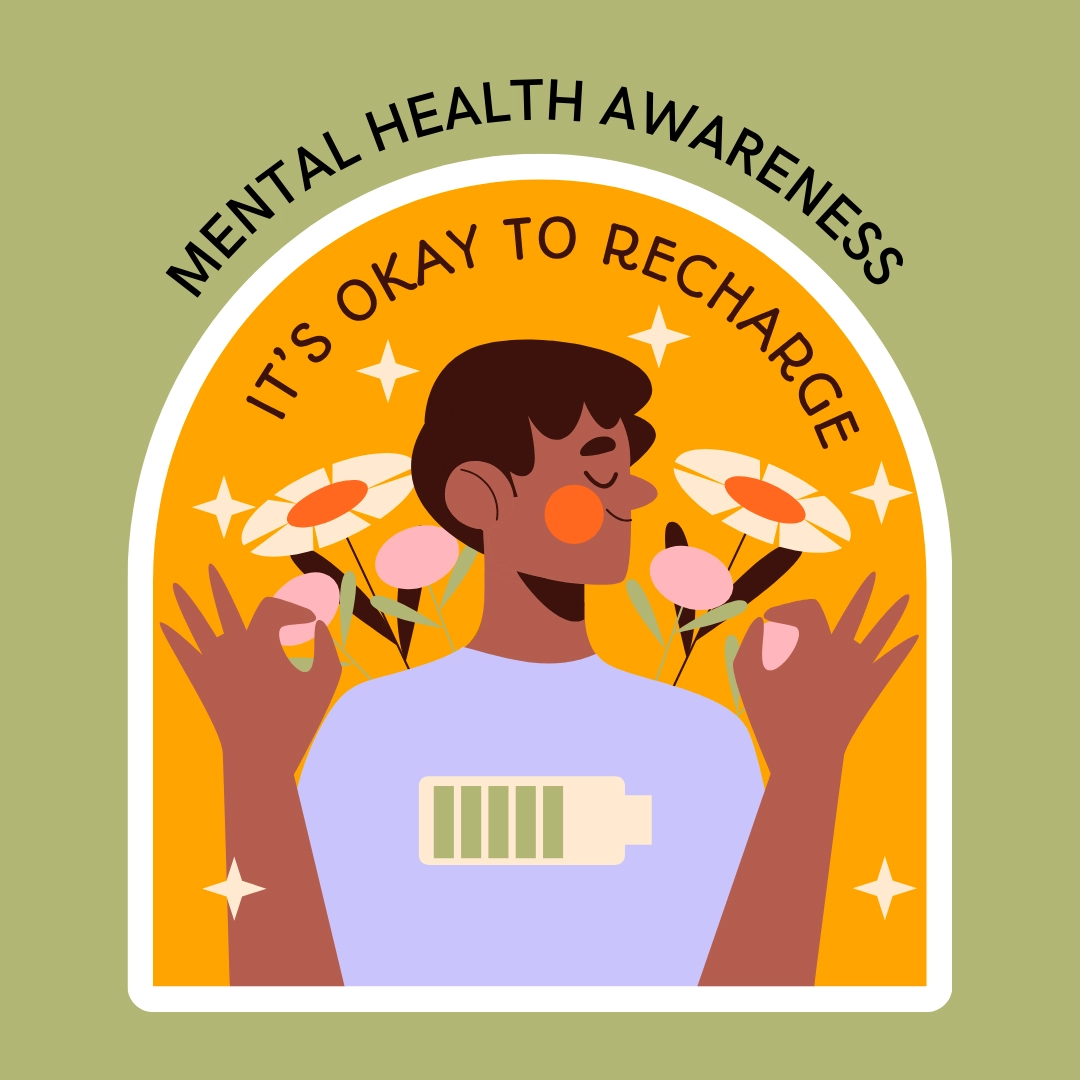[Most people do not know if they or their near ones have a mental disorder. Even when they do, sometimes they do not come forward for fear of stigma. We must know what constitutes mental illnesses, what are the symptoms and whom to approach for help.]
Mental health is as much, if not more important than the health of physical parts of your body. However, there is a lot of stigmas attached to understanding, disclosing and empathizing with mental health. Even our popular culture has traditionally not taken a sympathetic view of victims of such illnesses and that is partly to blame.
It is important to be aware of what constitutes mental illness and whom to approach when ill. But first, you must realize when it is time for you to seek professional help. Here are some symptoms that could indicate that a person has a mental health condition.
- Has delusions or hallucinations
- Changes eating patterns
- Changes sleeping patterns
- Has thoughts of hurting oneself and others
- Has constant feelings of fear, doubt, anxiety and depression
- Is given to mood swings and emotional outbursts
- In unable to conduct day-to-day tasks or take up challenges
- Memory is poor
- Becomes socially withdrawn
- Shows unexplained dip in academic performance
- Shows lack of interest in work
- Defies authority
- Tendency to abuse illegal substances or alcohol
- Physically ill from unexplained reasons
People suffering from extreme mental issues are prone to suicidal tendencies. Or they could be hurting others constantly. In any case, they must take the initiative to meet a doctor. Oftentimes their close kin will have to take the step for them. A doctor can diagnose and confirm if it is a physical illness or a mental one. Once you have contacted a mental health therapist, it is half the battle won. There too, you must decide what kind of mental health therapist to choose.
What type of mental healthcare provider should you see? Should you see a psychologist, psychiatrist, clinical psychologist or someone else? Your primary care physician can help guide you in this matter. They could recommend seeing one of the above experts. There are therapists who specialize in mental illnesses like substance abuse, behavioral issues, traumas, domestic violence, etc. Medicines are not prescribed in most cases as the treatment is more of a counseling and follow up nature.
- A psychiatrist treats you for depression, anxiety, schizophrenia, bipolar disorder, obsessive-compulsive disorder, etc.
- Psychotherapist usually diagnoses and treats psychiatric disorders apart from other health conditions you may have.
- A Psychologist diagnoses and treat mental health conditions like depression, anxiety, eating disorders, learning disabilities, relationship issues, alcohol and substance abuse. They also run psychological tests for you like IQ tests and personality tests. Psychologists help you to manage your mental health issues through counseling or other forms of therapy.
- There are specialist providers like Marital and Family therapists. They treat individuals, couples, and families who are facing difficulties related to marriage. They also deal with resultant problems of parenting and elderly care.
- Psychologists are not licensed to prescribe medication. However, they often work with healthcare providers who can prescribe medications.
- Peer specialists are people who have experienced and recovered from mental health challenges. They now provide support to others who are going through similar mental health challenges involving mostly substance abuse, psychological trauma. Peer specialists act as role models and sources of support by sharing their personal experiences of recovery to give hope and guidance to others. They can also help people set goals and develop strategies to move forward in their recovery. Some peer specialists work for organizations as paid employees while others offer their services as volunteers.
- Licensed Professional Counselor is a term you often encounter in our app. LPCs are qualified to provide individual and group counseling and marriage and family therapy.
- A Mental Health Counselor is trained to diagnose and treat people coping with difficult life experiences, such as loss of loved ones, relationship problems, bipolar disorder or schizophrenia and such mental issues. They provide counseling on an individual or group basis.
- An Alcohol and Drug Abuse Counselor is trained to treat people with alcohol and drug addictions. They can guide people who are addicted to come out of the habit by altering their behavior, managing withdrawal symptoms and avoiding triggers.
- A Veterans Counselor is one who offers to counsel military veterans often returning from service with injuries or stress-induced illnesses like Post-Traumatic Stress Disorder (PTSD). They help such people cope with grief and guilt and transition to civilian life.
- A Social Worker is a professional therapist with a master’s degree in social work. He is trained to provide individual and group counseling and offer services in hospitals, private practices, or clinics. They visit homes also and attend to patients.




